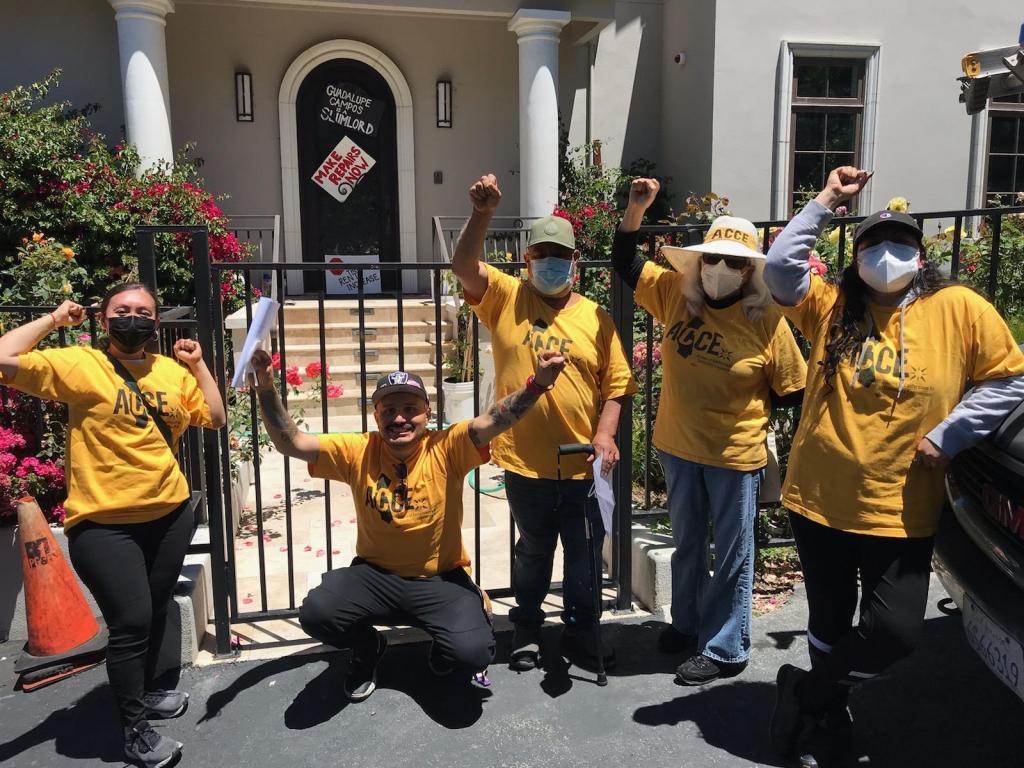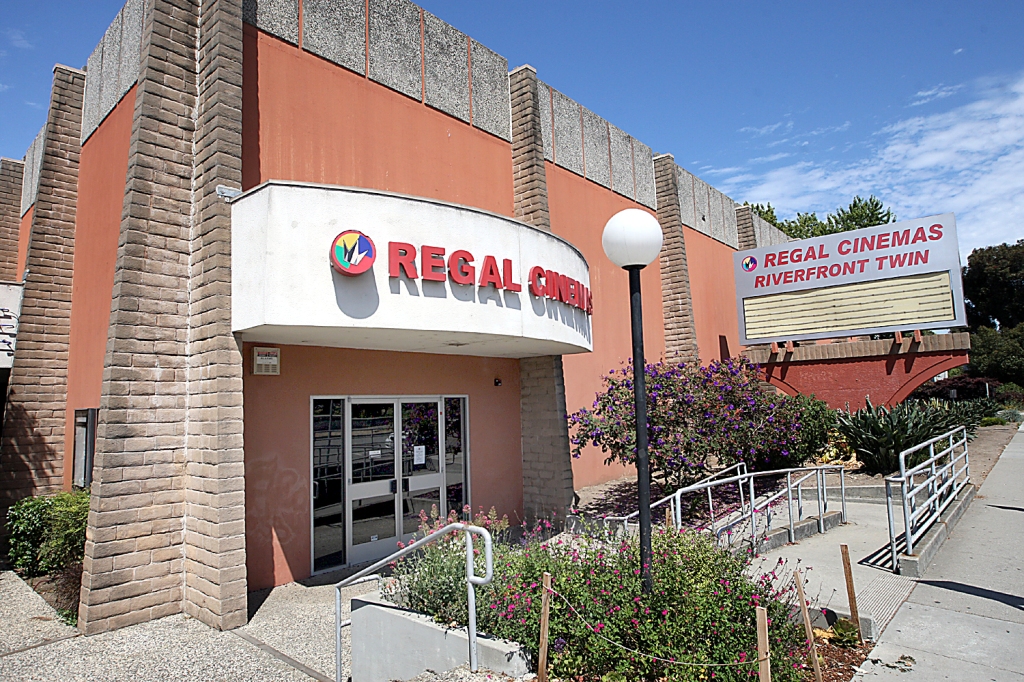Despite living in one of the Bay Area’s cities with rent control, more and more Richmond renters are lamenting how housing costs are taking increasingly large chunks out of their monthly budgets.
So considering how rent control can only do so much to ease the financial burden, the Richmond City Council voted on Tuesday to let residents weigh in on their November ballots whether they support lowering the maximum rate that rent-controlled units can be hiked each year — capped at either 60% of the Consumer Price Index or 3% of a controlled unit’s current rate, whichever is lower.
If approved, the policy would be aligned with rates set in Oakland, Berkeley and San Francisco. A large majority of the multi-family housing complexes built before 1995 are covered by Richmond’s rent control, but the policy includes exemptions for renters living in accessory dwelling units or single family homes.
Richmond landlords of rent-controlled units have been entitled to increase rents up to 100% of the annual CPI — the federal government’s calculation that reflects how consumer costs have shifted each year — after voters first established a five-member rent board and the city approved its Fair Rent, Just Cause For Eviction And Homeowner Protection Ordinance in 2016.
Starting in September, the current rent control policy allows landlords to increase rents by 5.2% — up from the 1.6% cap currently in place. Shiva Mishek, vice chair of the Richmond Rent Board, said landlords do not have to ask for the full inflationary increase from their tenants, but the board, by law, can’t cap that rate.
As residents’ daily bills — from filling grocery carts to gas tanks — continue to skyrocket, Councilmember Gayle McLaughlin said she wanted to adjust the city’s rent control formula to provide more stability for renters.
“For the last two decades, we’ve experienced the dot com crash, the foreclosure crisis, the great recession, the housing crisis, the pandemic, the highest inflation in four decades and it looks like we’re heading into a recession,” McLaughlin said. “(The ballot measure) is in line with Oakland and San Francisco and Berkeley, and we need to move forward because we are in critical times.”
Mayor Tom Butt and Councilmember Nathanial Bates cast the two dissenting votes against the ballot measure, which will cost the city between $4,000 and $10,000 to put forward.
While McLaughlin, who helped establish Richmond’s rent control ordinances, thinks a 60% rate was briefly discussed back in 2016, she said the 100% CPI mandate has not come under fire before now because increases have historically remained steady, between 1 to 3%.
Bates was concerned that by going to the voters, the city council would be bypassing Richmond’s appointed rent board. However, Mishek said that while the board’s duties include making adjustments to the annual increases, changing elements of the city’s legally binding ordinance requires voter buy-in.
Before Tuesday’s vote, Bates unsuccessfully pushed for the ballot measure to include a sunset clause for the rent adjustment to end after two years, arguing that the 100% CPI should eventually resume when the economy recovers.
That modification would have won over Fassil Fenikile, a local landlord who said a lower rent cap would harm him and other “small-scale investors” in the city.
“Hyperinflation right now obviously affects renters, but it also affects investors and housing providers as well,” Fenikile said. “The permanent nature of the provision will really do more harm than good by discouraging investment, upkeep and maintenance of properties in Richmond.”
But resident Elsa Stevens, speaking in support of the ballot measure, chastised the idea that landlords’ livelihoods will suffer if the city’s annual rent cap is lowered.
“If you overcharge or force people to live in a dump, you are not a housing provider, you are a housing denier, a housing profiteer and a homeless creator,” Stevens said. “Stay out of my way and let me vote. Allow the voters to help families stay housed during this pandemic.”










